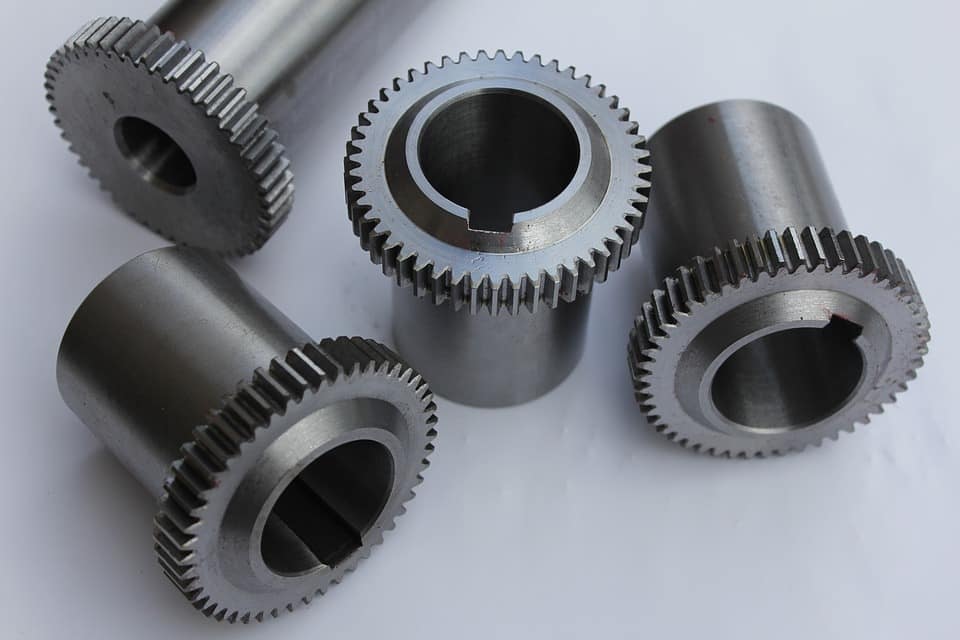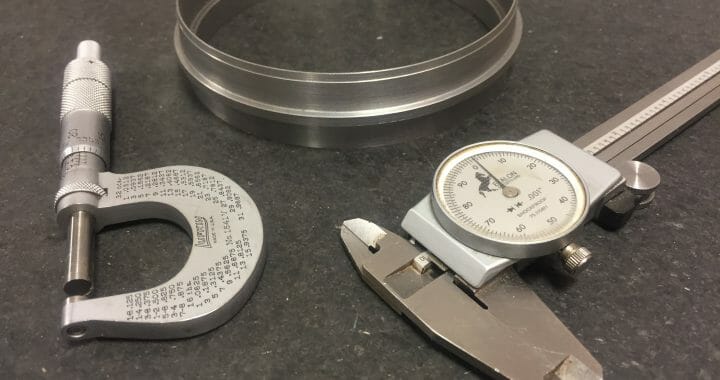How a CNC Machining Service Saves Time and Money in Manufacturing
The first step to saving time and money in manufacturing is to design your parts to fit standard stock sizes. For instance, if you specify an aluminum plate that is 0.53 inches thick, you will need to mill off the extra thickness before the machine can make the part. But if you specify a 0.49 inch plate, you can buy the same thickness for a lower price. Plus, a thinner aluminum plate requires less machine time to make than a thick one, so you’ll save money.
aluminum plate that is 0.53 inches thick, you will need to mill off the extra thickness before the machine can make the part. But if you specify a 0.49 inch plate, you can buy the same thickness for a lower price. Plus, a thinner aluminum plate requires less machine time to make than a thick one, so you’ll save money.
Precision machine shops
With the rise of automation in manufacturing, many manufacturers are turning to customized CNC machining services for their parts. These services can help manufacturers increase production while ensuring product quality. Here are some of the ways these services can improve the efficiency of a machine shop. The most important part of an efficient CNC machine shop is the ability to maintain high standards of precision.
CNC machine shops use advanced software to perform machining and other tasks more efficiently. This allows them to cut costs by working on multiple projects at once. The automated machinery makes it easy to troubleshoot problems and increase production speed.
Costs of CNC machining
The costs of CNC machining in manufacturing vary from company to company. Often, the minimum charge for a particular part is proportional to its size, so you may want to discuss this with your manufacturer before committing to an order. The amount of raw material you need will also affect the price of your order. Larger purchases will lower your material costs, while smaller orders will increase your price per item.
The complexity of the part is another important cost driver. More complex parts require more time and resources, and may also require specialized tools. Furthermore, some complex parts require multiple processes, including multiple passes. This increases the cost of the machining process. In addition, complex parts require higher-level programming, higher-precision tooling, and more inspection.
Designing parts that can be machined in as few setups as possible
When designing parts for manufacturing, consider the ease of manufacturing. Using standard material stock and machining tolerances can significantly reduce the time it takes to create a part. For example, design features such as pockets and slots that are easily machined without the need for special finishing operations.
Another way to save time is to avoid designing parts with deep internal cavities (known as deep pockets). These parts often require long machining setups and result in wasted material and difficult chip removal. Additionally, long cutting tools can break easily if they are too long. To avoid these issues, keep part length and depth at a ratio of no more than four.
Importance of normalizing data
Data normalization is a process that improves the quality of data and reduces the processing time in business workflows. It consists of cleaning and reorganizing data to eliminate redundancies, inconsistent information, and anomalies that can make analysis difficult.
Data normalization is important when multiple teams use the same data source. It also helps in communication between teams. Non-normalized data increases the chances of errors. In fact, engineers recently lost the $125 million Mars Probe mission because they didn’t properly convert values from the English to Metric Systems. Data normalization ensures that data is more uniform and easier to read.
Data normalization should be performed at the hardware layer. It is crucial to normalize raw machine data as close to the hardware layer as possible. This ensures flexibility when changing MES packages. The process also makes it possible to use more than one MES package at the same time.
Investing in a CNC machine shop
An efficient CNC machine shop can save time and money in manufacturing and product development. A well-trained workforce can increase shop efficiency, resulting in satisfied customers, faster production, and improved quality. An efficient shop can also compete more effectively for new business because of its higher productivity and lower operating costs. An efficient shop can be more efficient when it bids on jobs, as increased employee productivity translates to more spindle time.
Although highly skilled workers are still an important aspect of machine shops, automation is helping to redeploy them to higher-value tasks. CNC robots handle tedious tasks that employees can’t handle and reduce the risk of worker injury. CNC robots are also helping machine shops to recruit and retain top talent.
